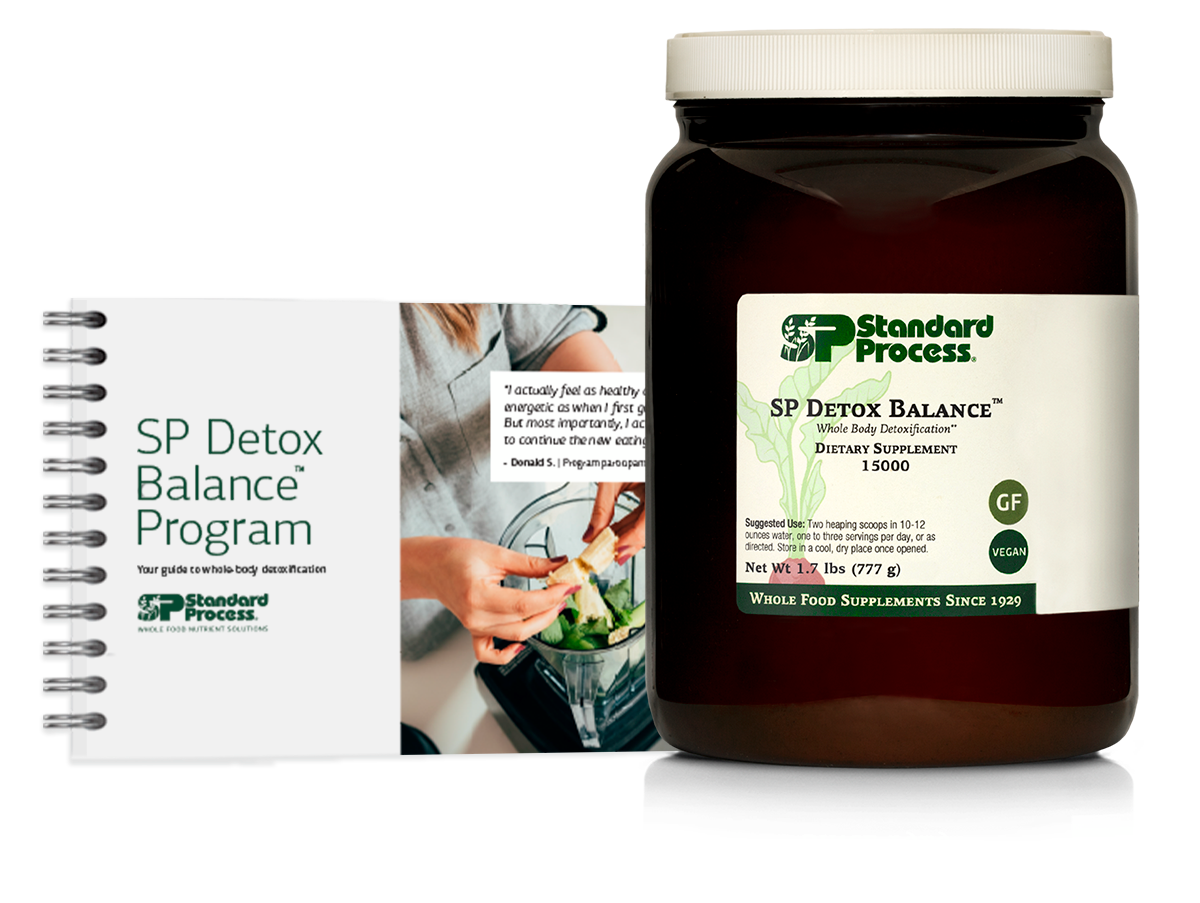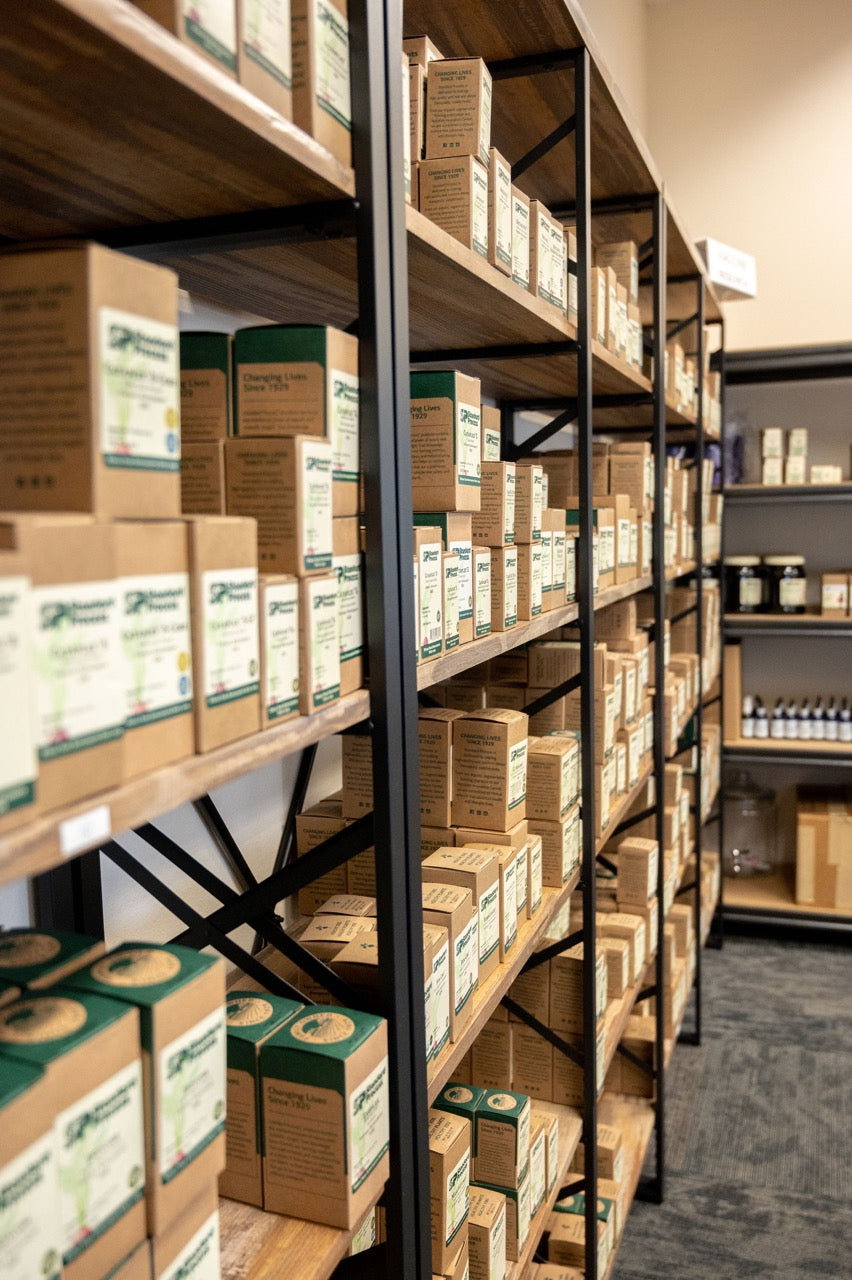Sugar Substitutes
As more individuals become keen on the dangers of refined sugars and high fructose corn syrup, they are starting to turn to sugar substitutes. Many food manufacturers for decades have created zero calorie or no sugar food products by using sugar substitutes instead of actual sugar. Additives such as aspartame have been added to sodas, gums and many processed foods. The alcohol sugars such as maltitol, mannitol, lactitol, isomal, sorbitol and now more recently xylitol and erythritol have been found to interact with the gastrointestinal flora, leading to bowel related discomfort. Long-term saccharin consumption increases the risk of obesity and diabetes, as well as liver and renal impairment.
Modern Day Sugar Substitutes
Today, stevia extract and monk fruit extracts are the newer sugar substitutes of choice, but they have their issues too. The body cannot burn these sweet tasting extracts, hence the liver, gallbladder and kidneys must clear them from the body. If the detoxification organs are sluggish or the dietary intake of these concentracted substances is too great, they can begin to accumulate inside the body, overload the detoxification organs and create problems.
I mention in the video of my travels to Taiwan indulging in cold pressed organic sugar cane juice. To the right is a photo of it and as you can see, it contains other nutrients and has a green color

What To Use?
We usually recommend raw honey, unrefined maple syrup, some Inositol Powder, molasses or raw sugar cane juice. Weston A. Price found that native societies who had a nutrient dense diet with sugar cane juice developed no such health issues.
If you suspect that you are experiencing health challenges due to the accumulation of sugar subsitutes within your body or are looking for a natural approach to improving your health, book an initial consultation HERE so we can help you figure it out.





